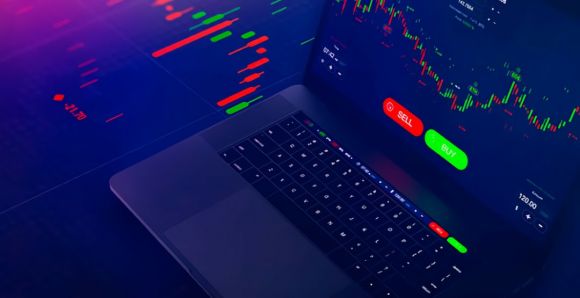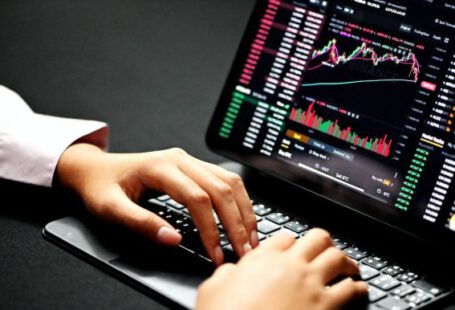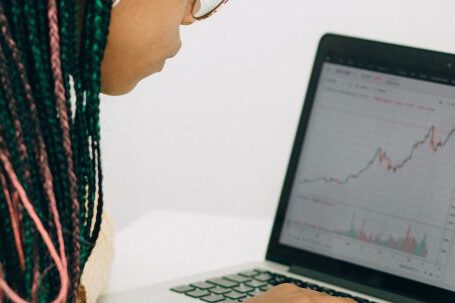Trading tools have come a long way since the early days of bartering and exchange. From the simple act of trading goods and services, to the complex algorithms and high-frequency trading systems of today, the evolution of trading tools has transformed the way we conduct business and make financial decisions. In this article, we will explore the history and development of trading tools, from their humble beginnings to their sophisticated modern-day counterparts.
The Origins of Trading Tools
Trading tools can be traced back to the earliest forms of commerce. In ancient civilizations, traders relied on basic tools such as scales, measuring devices, and currency to facilitate exchanges. These tools were crucial in ensuring fair and accurate transactions, as well as establishing trust between parties.
The Rise of Technology
As technology advanced, so did the tools used in trading. In the 17th century, the invention of the stock market led to the development of new tools such as stock tickers, which allowed traders to receive up-to-date information on stock prices. This innovation revolutionized the way investors made decisions, as they could now access real-time market data and react quickly to market movements.
The Birth of the Internet
The advent of the internet in the late 20th century brought forth a new era of trading tools. Online trading platforms allowed investors to buy and sell securities from the comfort of their own homes, eliminating the need for physical exchanges. This accessibility opened up the world of trading to a wider audience, as anyone with an internet connection could now participate in the financial markets.
Algorithmic Trading
Perhaps one of the most significant advancements in trading tools is the rise of algorithmic trading. With the help of complex mathematical algorithms, traders can automate their trading strategies and execute trades at lightning-fast speeds. This technology has revolutionized the financial industry, as it allows for faster and more efficient trading, reducing human error and increasing profitability.
The Role of Artificial Intelligence
Artificial intelligence (AI) has also made its mark on trading tools. AI-powered trading systems can analyze vast amounts of data and make predictions based on historical patterns and market trends. This technology has the potential to revolutionize the way traders make decisions, as it can uncover hidden patterns and identify trading opportunities that may have gone unnoticed by human traders.
The Rise of Mobile Trading
In recent years, mobile trading has gained popularity, thanks to advancements in smartphone technology. Traders can now access their trading accounts and execute trades on the go, providing them with greater flexibility and convenience. Mobile trading apps have become an essential tool for traders, allowing them to stay connected to the markets and make informed decisions wherever they are.
The Future of Trading Tools
As technology continues to advance, the future of trading tools looks promising. Blockchain technology, for example, has the potential to revolutionize the way transactions are recorded and verified, increasing transparency and security in trading. Additionally, virtual reality (VR) and augmented reality (AR) have the potential to provide traders with immersive and interactive trading experiences, enhancing their decision-making capabilities.
In conclusion, the evolution of trading tools has transformed the way we conduct business and make financial decisions. From the basic tools of ancient civilizations to the sophisticated algorithms and AI-powered systems of today, trading tools have become indispensable in the world of finance. As technology continues to advance, we can expect further innovations that will shape the future of trading and investment.





